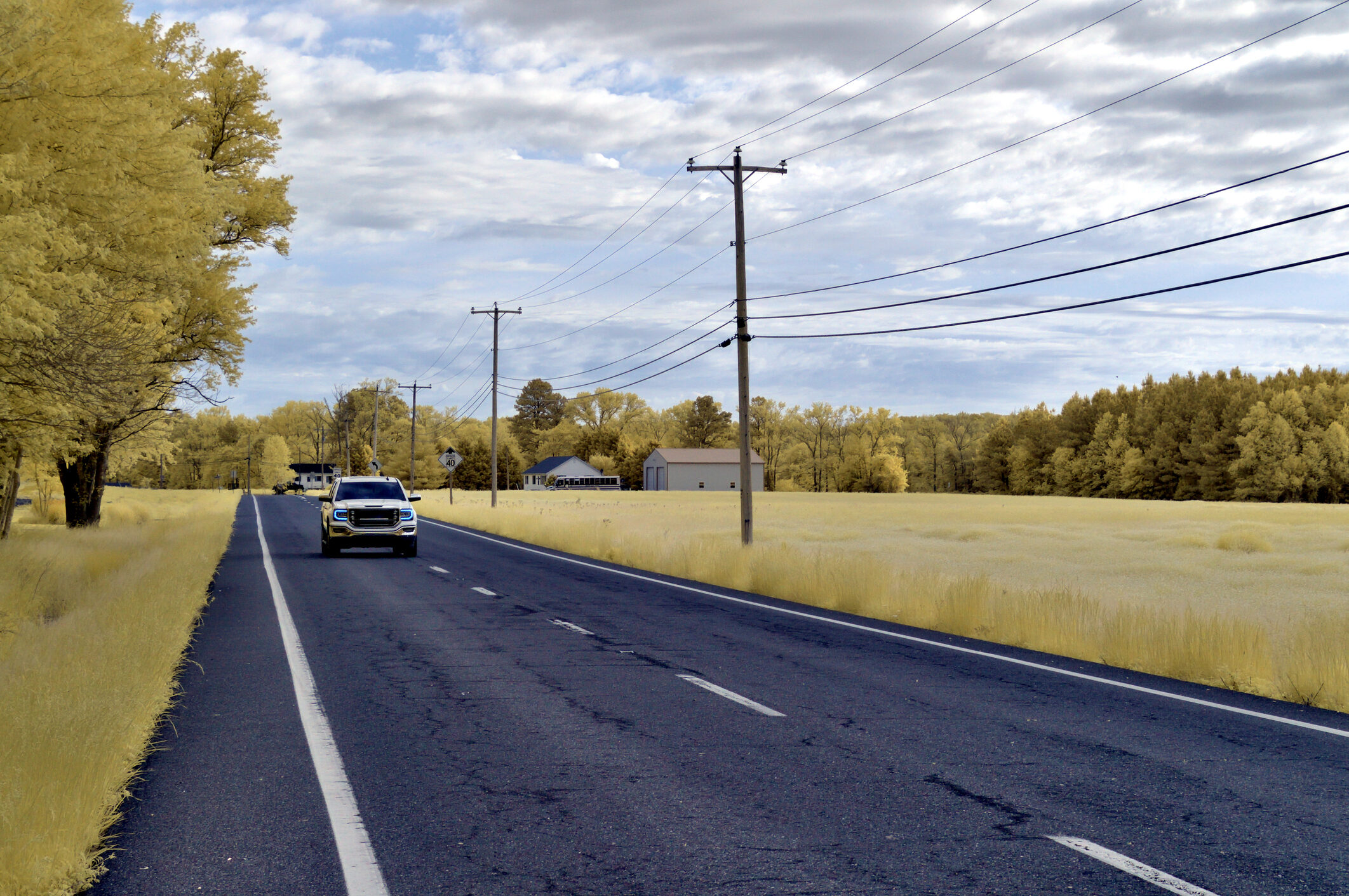
Correcting the Record: Flawed USTelecom Arguments Against Sharing Pole Replacement Costs
In a recent letter submitted to the Federal Communications Commission (FCC), USTelecom – which represents some pole owners – argues against not only self-help measures and standardized timelines in order to speed up the pole attachments process necessary for broadband deployment, but they also oppose the sharing of any costs when a member company’s pole must be replaced in order to accommodate a new attachment, even when that pole owner will own and control that new pole.
Here’s the truth: meaningful action on pole replacements costs will bring more equity to the marketplace and speed the delivery of broadband access to unserved communities across the nation – a goal we can all support.
Let’s take a closer look at USTelecom’s flawed arguments.
Claim #1: “…[ensuring an equitable division of pole replacement costs between owners and attachers] would upset settled precedent…”
Current “settled precedent” allows pole owners to evade the costs entirely of repairing and upgrading their infrastructure by unfairly shifting the full cost of new utility poles onto internet service providers (ISPs) that need to attach to the infrastructure. This result makes little sense since the pole owner ultimately owns and controls the new pole, and charges rent to those attaching to the pole. Unfortunately, pole owners hold all the leverage in pole attachment negotiations and to date, pole owners have not been shy about using that leverage to the detriment of broadband deployment.
Policymakers from both parties agree that this current process is broken. Senators Tammy Baldwin (D-WI), Ron Johnson (R-WI), John Kennedy (R-LA), and Shelley Moore Capito (R-WV) have all called attention to the need for clarified pole attachment and replacement policies – especially as it relates to costs. Senator Capito summarized in a November 2023 letter to FCC Chairwoman Rosenworcel:
“Reforms are needed to ensure better, fairer rules, speed up deployment, and more equitably distribute costs between broadband providers and pole owners when poles need to be replaced. The high costs and long waits imposed by pole owners on broadband providers slow down broadband expansion in rural America.”
Claim #2: “…would skew the competitive marketplace…”
Internet service providers (ISPs) need access to utility poles when building out wireline infrastructure to unserved areas. Rural communities, however, typically have one set of utility poles managed by one owner. That means those looking to attach infrastructure must negotiate with this one owner for access to hundreds, if not thousands, of poles to extend connectivity to these communities. When pole owners abuse this power by delaying access or charging unreasonable fees to attach to or replace old poles, those harmed are not simply the internet service providers seeking an attachment, but the communities that are deprived of the broadband access they need.
A 2021 study co-authored by Western Carolina University Professor Edward J. Lopez and Patricia D. Kravtin defines this as a “hold-up problem” or “an inefficient concentration of market power that harms the public interest.”
“When pole owners hold up the process, the result is foregone economic gains to Americans. In this study, we estimate that every month of delayed expansion due to pole owner hold up costs Americans between $491 million and $1.86 billion.”
Claim #3: “…would fail to properly compensate pole owners…”
Too many pole owners currently try to shift 100% of the cost of a pole that needs to be replaced onto the attacher, despite them gaining clear benefits from the new pole. As Senator Kennedy explained:
“This one-sided allocation of costs makes little sense when the pole owner benefits from the new pole, owns the pole, charges rent to attachers for being on the pole, and enjoys tax benefits from depreciating the pole. The pole owner paying nothing for the cost of the pole replacement and the attaching broadband provider paying everything is clearly not a ‘fair apportionment of costs’ as required under the statute.”
Pole owners themselves have even admitted in the fine print of FCC comment filings that “arguably utilities [pole owners] benefit from stronger [new, replaced] poles too.” Pole attachers are simply asking pole owners to pay their fair share. Too often, pole owners have calculated their fair share as $0.
Claim #4: “…would undermine the Commission’s [broadband] deployment goals…”
More than three years after Congress passed the historic Infrastructure Investment and Jobs Act (IIJA), $42 billion in Broadband Equity, Access, and Deployment (BEAD) program funds are poised to be dispersed to every U.S. state and territory to help close the digital divide. The buildout schedule could be slowed further by the lack of consistent pole attachment policies.
State broadband officers nationwide have long flagged pole attachment problems as some of the biggest impediments to deploying broadband. Former New Mexico Broadband Director Kelly Schlegel has spoken about how deployment costs often balloon because of pole attachments. West Virginia’s Broadband Director Kelly Workman has noted “pole agreements are ‘our biggest source of delay in ARPA (American Rescue Plan Act) funding projects so far.”
These issues will likely grow in the coming months with the influx of BEAD funds. A failure to address concerns about equitable pole attachment policies that broadband providers and supporters have repeatedly raised will jeopardize our nation’s Internet for All goals.